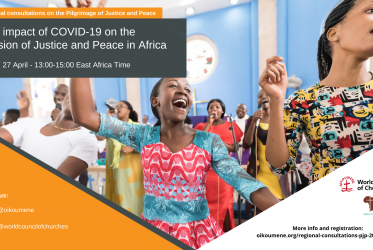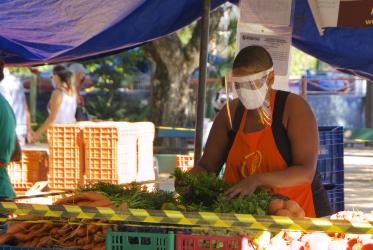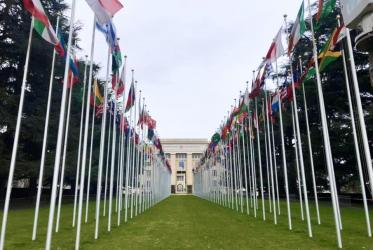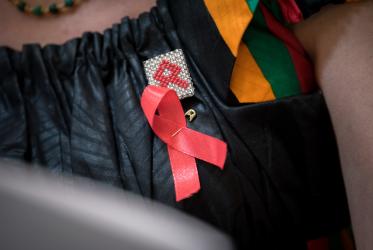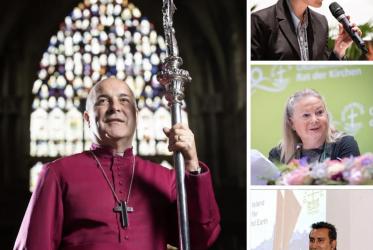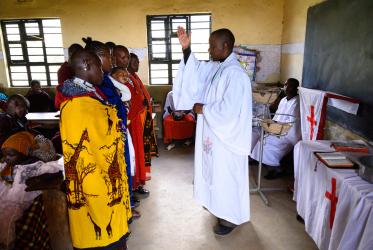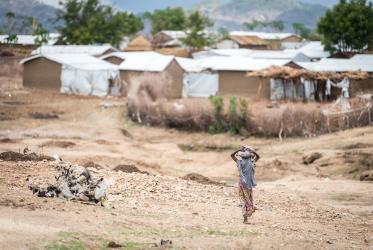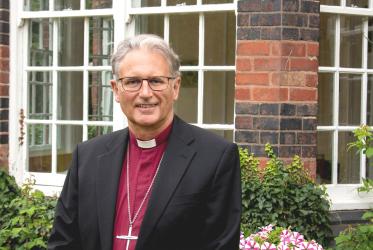Displaying 161 - 180 of 575
Webcast strives to describe path to a nuclear weapons-free world
28 January 2021
Christians in Africa face increasing violent attacks, repression
23 December 2020
“Coventry Cathedral continues to speak a word of hope to the world”
10 December 2020
COVID-19 in conflict zones: “a crisis within another crisis”
27 November 2020
“Conflict Zones and Covid-19” webinar
26 November 2020
